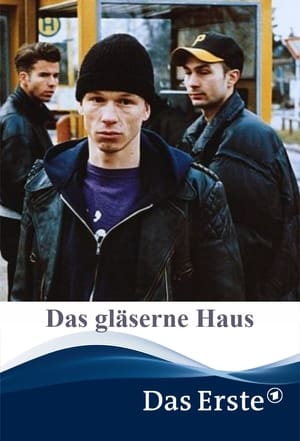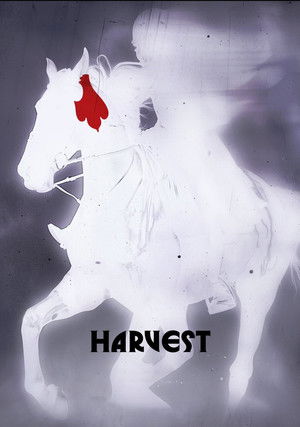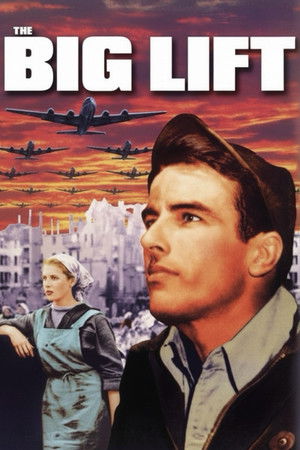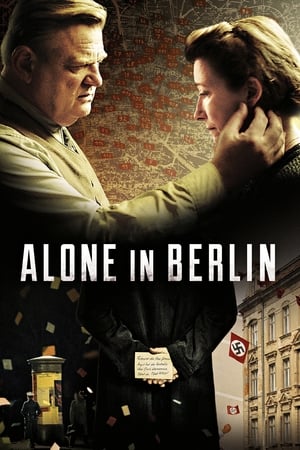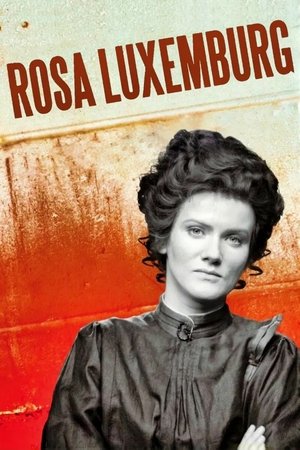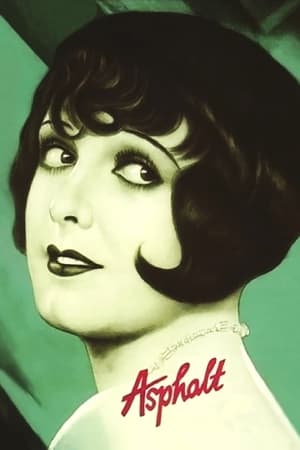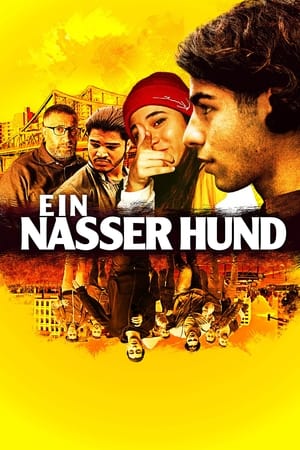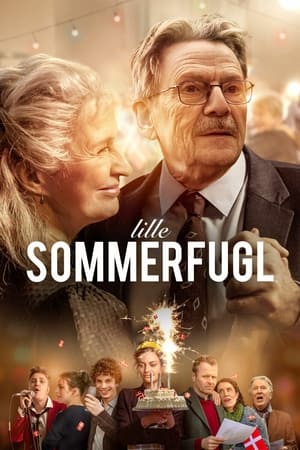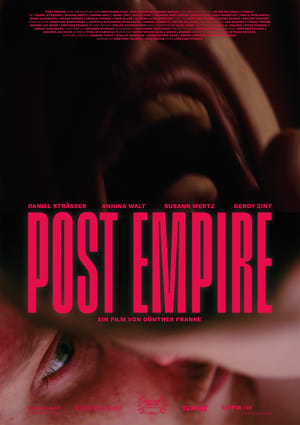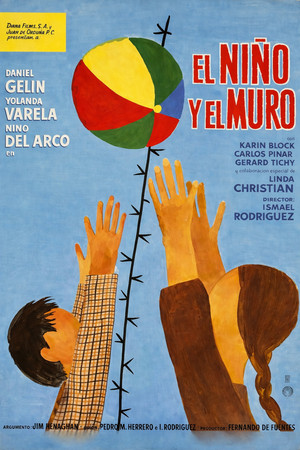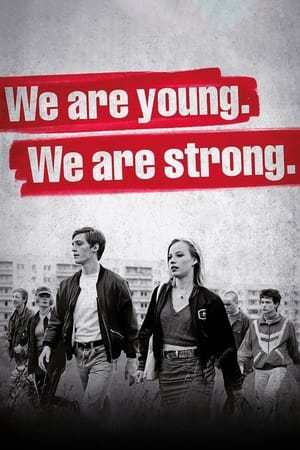Overview
Berlin Kreuzberg at the beginning of the 80s. Lawyer Hanna, daughter of a good family and working as a scientific social worker, gets caught between two sides. Her conservative fiancé Konrad wants to avenge the murder of his friend Theo on the Turks, but she loves a young Turk and wants to help the foreigners with their problems. There are also gray wolves and right-wing radicals, there is xenophobia and pressure creates counter-pressure - rebellion, bomb attacks and prison riots are the order of the day. An almost predictable catastrophe is on the horizon.

 German
German
 0
0
 1984
1984
 Germany
Germany
